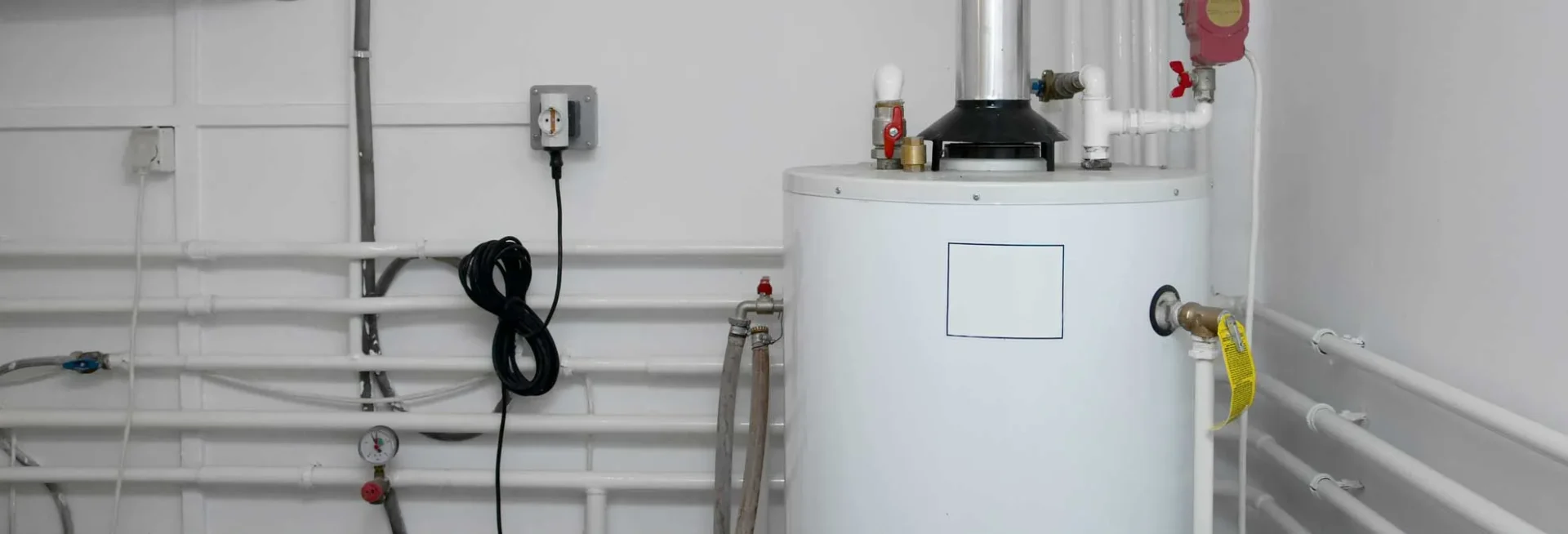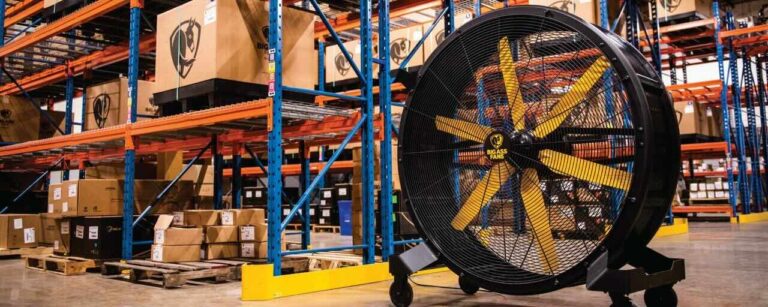Everything You Need to Know About Gas Hot Water Heaters
Hot water is an essential part of everyday living, whether it’s for taking a shower, cleaning dishes, or doing laundry. While there are several types of water heating systems available today, many households still rely on gas-powered systems due to their efficiency and ability to provide consistent hot water. Understanding how these systems work, their benefits, and potential drawbacks can help homeowners make informed decisions about installation, maintenance, and long-term use.
What Is a Gas Hot Water Heater?
A gas hot water heater is a system that uses natural gas or propane to heat water stored in a tank or delivered on demand. The unit typically consists of a gas burner located at the bottom of the tank, a thermostat to control temperature, and a venting system to release combustion gases safely outside the home. Unlike electric heaters, which use heating elements, gas models rely on the combustion process to raise the water’s temperature. This often results in faster heating and lower operating costs in areas where natural gas is readily available.
How It Works
The functioning of a gas-powered water heater is straightforward:
- Cold water enters the tank through a dip tube.
- The burner ignites and begins heating the water.
- A thermostat monitors the temperature and regulates the burner’s activity.
- Once the water reaches the desired temperature, it is stored until needed.
- Hot water exits through the outlet pipe whenever a tap or appliance is turned on.
Tankless gas models, also known as on-demand heaters, skip the storage step and heat water only when required. This saves space and energy but may come with a higher initial installation cost.
Advantages of Gas Water Heaters
Gas water heaters are popular for several reasons:
- Faster heating – They can reheat a full tank of water more quickly compared to electric models.
- Lower operational costs – In regions where gas is more affordable than electricity, monthly utility bills tend to be lower.
- Reliability – Even during power outages, gas systems can continue working as long as the gas supply remains uninterrupted.
- Variety of options – Available in both storage tank and tankless designs, they suit different household needs.
These benefits make gas heaters a strong choice for families with high hot water demand.
Potential Drawbacks to Consider
Despite their advantages, gas heaters are not without challenges:
- Installation costs – Setting up a gas line or venting system can be expensive if not already in place.
- Space requirements – Storage tank models may take up considerable room.
- Safety concerns – Gas leaks and carbon monoxide risks require proper ventilation and regular inspection.
- Maintenance – Sediment buildup in tanks and burner issues may occur if not maintained properly.
By weighing these factors, homeowners can determine whether gas heating suits their long-term needs.
Tank vs Tankless Gas Water Heaters
When choosing a gas heater, one of the main decisions is between a traditional tank model and a modern tankless system.
- Tank heaters store hot water and are ideal for large households with multiple simultaneous water uses. However, they can run out of hot water if demand exceeds capacity.
- Tankless heaters provide continuous hot water on demand, making them suitable for smaller spaces and reducing standby energy losses. However, their upfront cost is usually higher.
The right choice often depends on household size, water usage habits, and budget.
Safety Considerations
Gas appliances require extra safety precautions to prevent accidents. Some important steps include:
- Installing carbon monoxide detectors near the water heater.
- Scheduling routine inspections to check for leaks, proper venting, and burner efficiency.
- Keeping the area around the heater free from flammable materials.
- Ensuring the pilot light and ignition system are working properly.
Regular attention to safety ensures reliable operation and peace of mind.
Maintenance Tips for Longevity
Like any home appliance, gas water heaters require routine care:
- Flush the tank annually to remove sediment buildup that can reduce efficiency.
- Inspect the anode rod regularly to prevent tank corrosion.
- Test the temperature and pressure relief valve to ensure safety mechanisms are functional.
- Check the burner and flame color – A steady blue flame indicates proper combustion, while a yellow flame may suggest ventilation or gas issues.
These practices can extend the lifespan of the unit and prevent costly breakdowns.
Environmental Considerations
Gas heaters, while efficient, do produce greenhouse gas emissions. Homeowners interested in minimizing environmental impact may consider:
- High-efficiency models with better energy ratings.
- Hybrid systems that combine gas and solar heating.
- Tankless systems that reduce wasted energy from standby heating.
Balancing comfort with sustainability is increasingly important in today’s world.
Signs It May Be Time to Replace Your Heater
Even with proper care, a gas water heater won’t last forever. Warning signs that indicate replacement may be necessary include:
- Age of the unit exceeding 10–15 years.
- Rusty water coming from taps.
- Frequent breakdowns or repairs.
- Inconsistent heating or running out of hot water quickly.
- Strange noises like popping or rumbling from the tank.
Replacing an aging unit with a more efficient model can save money and provide more reliable performance.
Conclusion
A gas hot water heater remains a trusted solution for many households thanks to its efficiency, speed, and reliability. Whether choosing a traditional tank or a modern tankless design, homeowners benefit from understanding how these systems work, the maintenance they require, and the safety precautions needed for long-term performance. With regular care and mindful usage, a gas heater can provide years of comfort while keeping utility costs under control.





